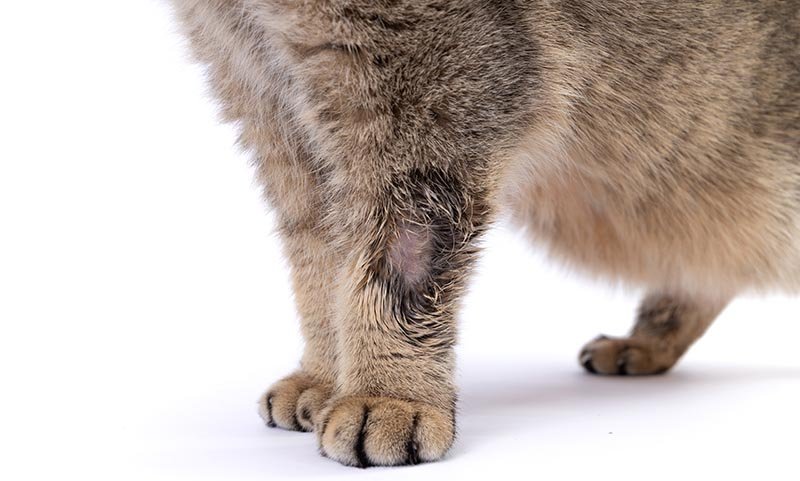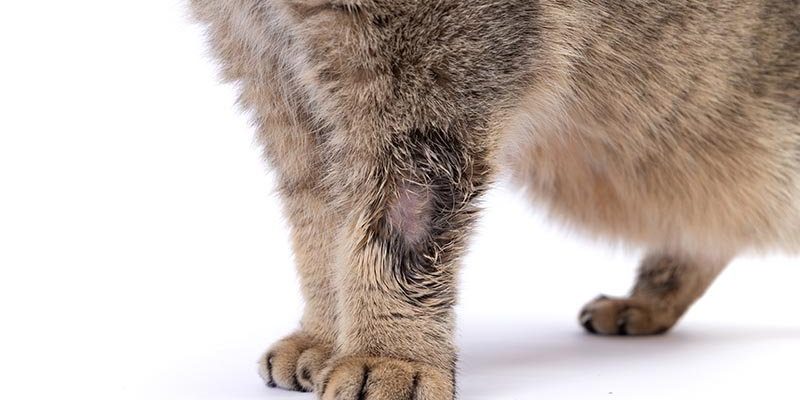
Wolf worms, also known as **maggots**, typically infest the skin of livestock, especially in warmer months. If you think of your animals as family members, then you can imagine how unsettling it would be to see them uncomfortable or ill. So, let’s dive into the signs of wolf worm presence, how they can affect your animals, and what you can do about it.
What Are Wolf Worms?
So, what exactly are wolf worms? They’re the larvae of the **fly species** known as *Oestrus ovis*. These pesky creatures tend to settle in the sinuses and skin of animals like sheep, goats, and sometimes even cattle. Picture a tiny invader making a cozy home in your pet’s skin—that’s essentially what wolf worms do.
These larvae can enter the animal’s body when flies lay eggs on the skin or in its nostrils. Once the eggs hatch, the larvae burrow into the soft tissues, looking for a warm spot to grow. Their presence can lead to discomfort, infections, and various health issues if left unchecked.
Here’s the thing — recognizing the signs early can make all the difference. If you catch these pests in the early stages, you can minimize the harm to your livestock.
Common Signs of Wolf Worm Infestation
Detecting wolf worms isn’t always straightforward, but there are certain signs you can look out for. Here are some common indicators that your animals might be hosting these unwelcome guests:
- Visible Bumps or Lesions: One of the first signs is the appearance of lumps on the animal’s skin. These may look like small, swollen spots or even open wounds.
- Unusual Behaviors: If your animals are scratching or rubbing against objects more often than normal, it could be due to itchiness caused by wolf worms.
- Increased Agitation: Notice if your livestock seems restless or distressed, as these pests can cause significant discomfort.
- Swelling and Discharge: If you spot swelling around the head, particularly near the eyes or nostrils, accompanied by a foul-smelling discharge, that’s a red flag.
If you notice any of these signs, it’s essential to take action quickly. Ignoring the situation can lead to serious health consequences for your animals.
Health Risks Associated with Wolf Worms
You might be wondering why it’s so important to address wolf worm infestations. Well, the risks are significant! Here are a few health issues that can arise from these pests:
1. **Infections:** The presence of wolf worms can lead to secondary infections, as the damaged skin becomes a breeding ground for bacteria. This can complicate treatment and lead to further health problems.
2. **Pain and Discomfort:** Infestations can cause extreme discomfort. Your animals may suffer from pain, resulting in decreased productivity and quality of life.
3. **Weight Loss:** If your livestock is dealing with a heavy infestation, they may stop eating or decrease their feed intake, leading to weight loss and general weakness.
4. **Death in Severe Cases:** In extreme cases, especially if the infestation goes untreated, it can lead to death. This is obviously the worst-case scenario and something every farmer wants to avoid.
Always be vigilant about your livestock’s health, as early detection can save you a lot of trouble down the line.
How to Diagnose a Wolf Worm Infestation
Diagnosing a wolf worm infestation doesn’t always require a veterinarian, but having a professional confirm your suspicions can be helpful. Here’s a step-by-step approach to diagnose the issue:
1. **Observe Behavior:** Start by watching your animals closely. Are they acting differently? Increased irritability could indicate something’s wrong.
2. **Examine the Skin:** Look for any bumps, swelling, or scabs on the skin. If you notice anything unusual, take a closer look.
3. **Check the Nostrils:** Pay attention to the nasal area for any signs of discharge or swelling. Wolf worms can often be found around the nose.
4. **Consult a Vet:** If you suspect an infestation, don’t hesitate to consult a veterinarian. They can perform tests to identify the presence of wolf worms.
Taking these steps can help you identify the problem sooner rather than later, making treatment much more manageable.
Treatment Options for Wolf Worm Infestations
If you confirm the presence of wolf worms, it’s time to think about treatment. Here are some options you can consider:
1. **Surgical Removal:** In many cases, the most effective way to get rid of wolf worms is through surgical removal. A vet can safely extract the larvae under sterile conditions.
2. **Antibiotics:** If your animals show signs of infection, your vet might also prescribe antibiotics to help combat any bacterial invasion.
3. **Topical Treatments:** There are various topical treatments available that can help soothe inflamed skin and promote healing. Ask your veterinarian for the best options tailored to your livestock.
4. **Preventative Measures:** Once treated, think ahead. Prevent future infestations by maintaining clean living conditions, using insect repellents, and regularly inspecting your animals.
Honestly, the key is to act swiftly. The sooner you start treatment, the better the outcome for your farm animals.
Preventing Wolf Worm Infestations
Preventing wolf worm infestations is often easier than treating them. Here are some effective strategies you can implement:
- Maintain Hygiene: Keep the living quarters of your animals clean. Regularly remove waste and ensure a dry environment to deter flies.
- Use Insect Repellents: Consider using fly repellents, especially during warmer months when flies are more active.
- Regular Health Checks: Make it a habit to regularly inspect your animals for any signs of distress or skin issues. Early detection is your best defense.
- Consult a Vet: Schedule routine veterinary check-ups for vaccinations and overall health assessments.
By integrating these practices into your routine, you can significantly reduce the likelihood of a wolf worm infestation.
Wolf worms might seem like a minor issue, but they can quickly escalate into major health problems for your livestock. Being aware of the **signs of wolf worm presence** is crucial for maintaining the well-being of your farm animals. Remember, regular inspections, good hygiene, and quick action are your best allies.
By recognizing the symptoms early, seeking treatment when needed, and implementing preventative measures, you can keep your animals healthy and happy. After all, they rely on you to ensure their safety and comfort. Don’t hesitate to reach out to a veterinarian if you have concerns, but armed with this knowledge, you can tackle any wolf worm worries head-on!

